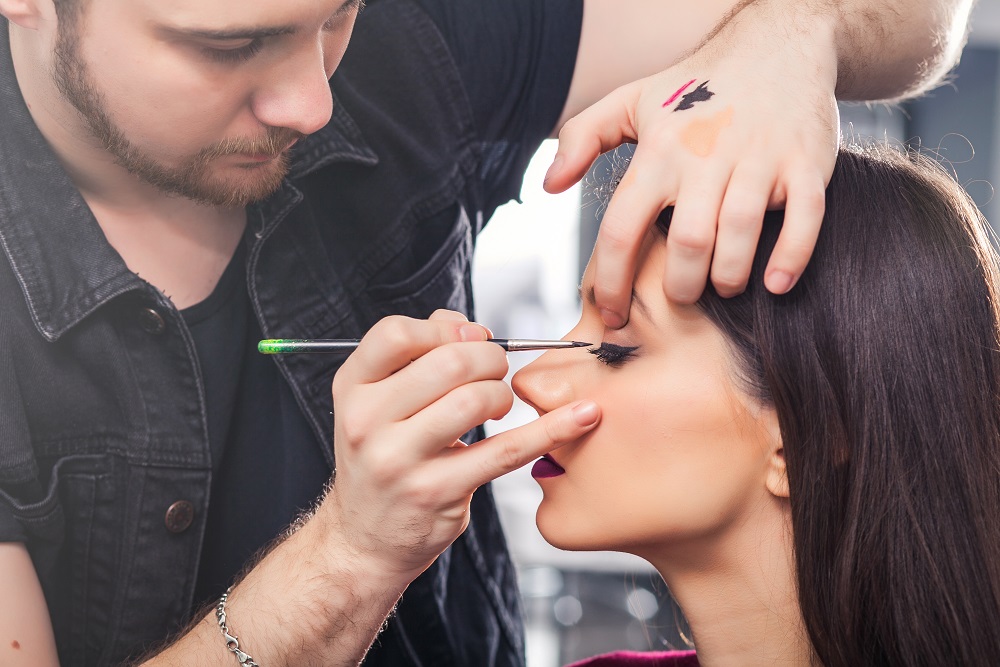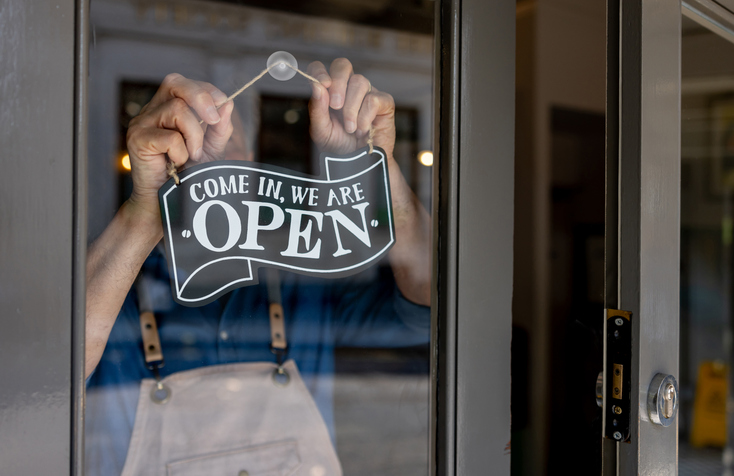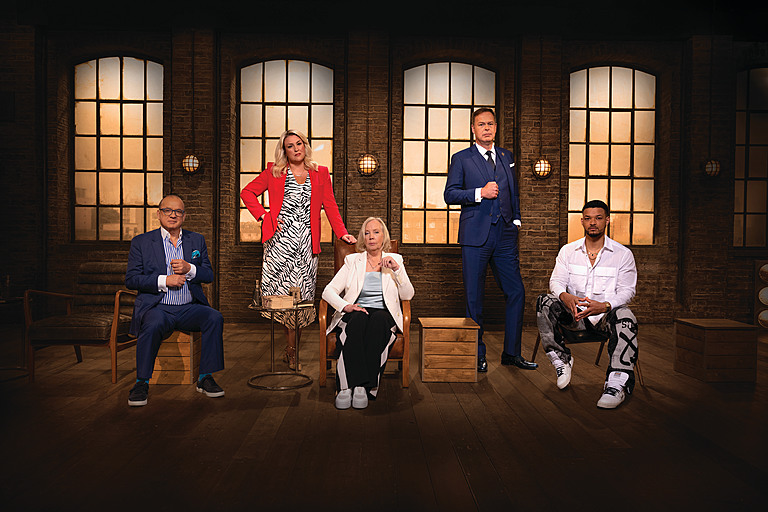Annual salary: £22,337 (Glassdoor)
What do I need? Make-up, make-up brushes, sponges, nail care equipment, camera (for those doing online make-up tutorials)
Being a make-up artist can be incredibly rewarding creatively as well as helping your clients to feel at their best.
Like any industry, you may have to be an all-rounder at first. Decide what kind of services you’re going to offer. Will it be more regular like manicures or one-off services like party make-up?
Finding clientele is crucial as make-up artists have an opportunity to develop great connections with their clients. As well as calling on family and friends, try networking with local stylists and photographers to find clients.
Social media is especially important here to reach a wider audience. Not only can you learn from other make-up artists, but you can show off your own work on your feed and ask happy clients if they’re happy to tag your business in a photo of their new look. Social’s good for the practical side too. Websites like Facebook supply a link to your website and access to your telephone number which could be key to upping your bookings.
Be sure to have a portfolio of signature looks to include on your website to so that you can convince anybody deciding if they want to get their make-up done with you.
Keep up with what’s going on in the beauty industry and what the latest trends are so that you’re aware of what clients ask for. It could be a fun new challenge for you too.
There’s also the option to do make-up tutorials online to bolster your in-person make-up artist business or for unforeseen circumstances such as lockdowns. As you get more experienced, you can look to doing make for local theatre and video productions.
Beauticians and make-ups artists additional business insurance needs too. Find out more in What insurance do I need for my beautician business?




